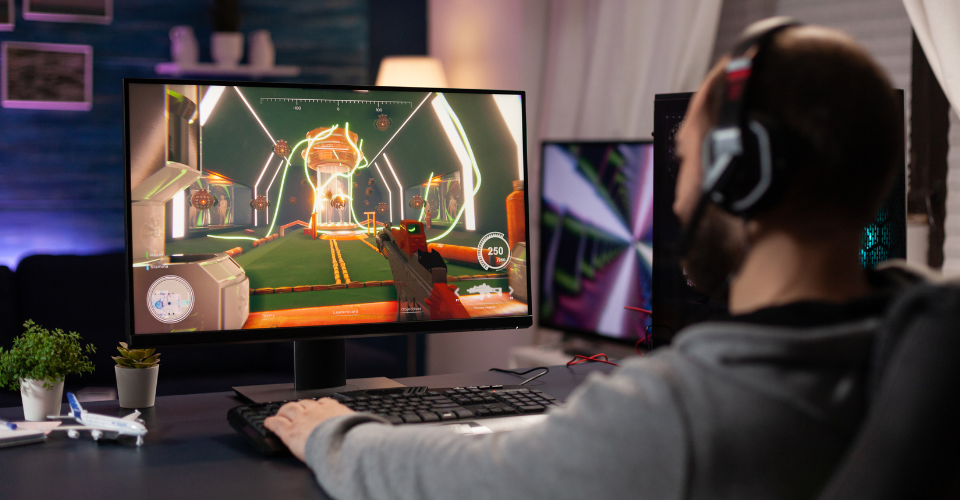The Rise of Video Gaming and Microtransactions
Autistic traits may be saving gamers a lot of money, a recent study suggests. Since 2022, video gaming has taken the whole world by storm, with over 2.46 billion players contributing to a colossal $347 billion in revenue. A substantial fraction of this revenue is obtained through microtransactions—small purchases made during the game to improve it. Among these are loot boxes which have ignited heated debates owing to their close resemblance with gambling.
Autistic traits and video gaming behaviors
The study aimed at finding out whether gamers having autistic traits are more likely to indulge in extreme gaming habits and problematic gambling behavior, as well as their expenditure on loot boxes. To the amazement of many, the research discovered that although those showing higher levels of autistics traits may be prone to excessive gaming behaviors and problematic gambling symptoms; conversely, they spend less money on loot boxes when adjusted for gambling symptoms.
Key Findings and Methodology
Researchers Tegan Charnock, Aaron Drummond, Lauren C. Hall, and James D. Sauer carried out a survey with 1178 participants recruited from Australia, Aotearoa (New Zealand) and United States of America (USA). The participants were adults aged above 18 years thus making sure there is diverse but mostly Western sample. Various validated scales were used in measuring different aspects of gaming behaviors including internet gaming disorder checklist (IGD), problem gambling severity index (PGSI), risky loot box index and Ritvo autism and Aspergers diagnostic scale (RAADS-14).
Surprising Results
Furthermore, researchers found out strong positive associations between severe problematic gambling symptoms such as problematic gaming behaviours in respect to spending both for randomized micro transactions via non-randomized ones respectively for risky loot box engagement; whereas participants having higher autistic traits scored higher levels regarding problem gaming symptomatology as well as problem gambling symptomatology. Nevertheless Autistic traits were linked to lower spending on loot boxes in a relation controlled for gambling symptoms.
Insights into Spending Patterns
This finding is nuanced and implies that individuals with autistic traits may be more prone to problematic behaviors but this may also mean they are more cautious or deliberative when considering spending options such as when buying loot boxes. The researchers found these results surprising, noting that past research consistently showed higher loot box expenditures were associated with greater problem gaming and more problem gambling. However, contrary to this, the study data showed no uniformly higher loot box expenditure among gamers having higher autistic traits who also have greater levels of problematic gaming and gambling symptomatology.
Limitations and Future Research
It is important to note that the study did not screen for clinically diagnosed autism, meaning the sample included individuals with varying levels of autistic traits but not necessarily those with a formal diagnosis. Moreover, causal conclusions cannot be made because it is a cross-sectional design study. While the data indicate a relationship between autistic traits and gaming behaviors, it is unclear whether these traits cause changes in gaming behavior or if other unmeasured variables are at play. This calls for longitudinal studies so as to have better comprehension of these relationships over time.
Implications and Future Directions
Future research would still need to be done by the researchers in order to get an insight into neurodivergence on video gaming. “The ultimate goal is to try and figure out how microtransaction models, and particularly those that resemble gambling, impact gamers. Hopefully, through science helping us understand more about game consumers can at least understand the products they are interacting with better and therefore, make informed choices for themselves and their children.” The researchers said.
Published on 18th June 2024, a study titled “The associations between autistic characteristics and microtransaction spending” provides new insights into the relationship between neurodivergence and gaming behaviors.





















